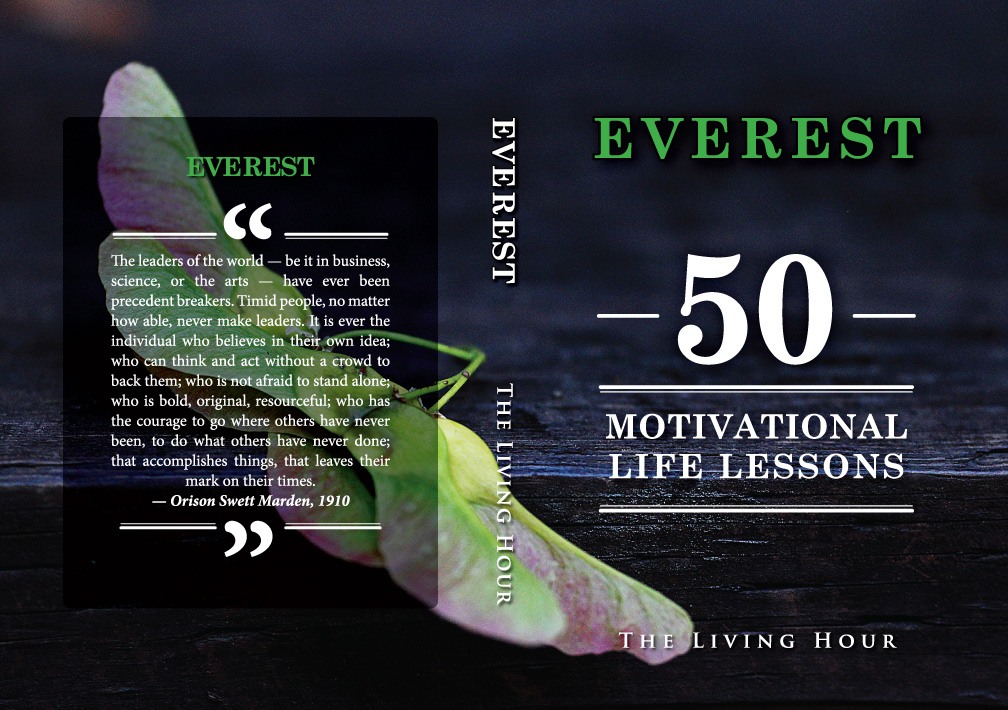08 Jan How to Use Positive Affirmations for Success & Work | Podcast
Podcast Transcript: Welcome to the Inspirational Living podcast. I’d like to start today by wishing you all a happy, healthy and prosperous new year. I’d also like to thank everyone who has purchased The Majesty Program, which we launched last week. It’s an affirmations program that I personally use, and one that has had a transformational impact on my life. I fully trust that it will have the same positive impact on your personal and professional life too.
I want to emphasize that The Majesty Program is just that; it’s a systematic program and not simply the autosuggestion sound method meditation that we use. If you have purchased the meditation audio, it’s important that you follow all of the steps and instructions outlined on our website, including watching the preparation videos, and using the meditation twice-daily for the first 30 days.
For those who haven’t purchased the program yet, the cost is only $11.99. And because you are a listener of our podcast, you can get 30% off that price by using the special coupon code: inspiration. To learn more, please visit: LivingHour.org/majesty.
Now, let’s move on to today’s reading, which was edited and adapted from the book Your Forces and How to Use Them by Christian D. Larsen, published in 1909.
———
Life is growth and the object of right thinking is to promote that growth. Give less time trying to change the opinions of others, and more time trying to improve your own life. Life becomes the way it is lived; and we may live the way we want to live when we learn to think what we want to think. Create your own thought and you become what you want to become because your thought creates you. We all know that we are as we think. Then we must think only such thoughts as tend to make us what we wish to be. The secret of right thinking is found in always keeping the mind’s eye fixed upon the greater and the better in all things.
Scientific research in the metaphysical field has demonstrated the fact we are what we think, that we become what we think, and that what we think in the present, determines what we are to become in the future; and also that since we can change our thoughts for the better along any line, we can therefore completely change ourselves along any line.
But the majority of us who try to apply this law do not succeed to a great degree, the reason being that instead of working entirely upon the principle that we are as we think, we proceed in the belief that we are what we think we are.
At first sight there may seem to be no difference between the principle that we are as we think and the belief that we are what we think we are, but close study will reveal the fact that the latter is absolutely untrue. You are not what you think you are, because personality, mentality, and character are not determined by personal opinions.
It is the thought of the heart, that is, the mental expression from the subconscious that makes the personal you what you are; but the subconscious is affected only by what you actually think in the real field of creative thought, and not by what you may think of yourself in the field of mere personal opinion.
It is subjective thought that makes you what you are; but to think that you are thus or so, will not necessarily make you thus or so. To create subjective thought, you must act directly upon the subconscious, but it is not possible to impress the subconscious while you are forming opinions about your personal self.
A mere statement about yourself will not affect or change the subconscious, and so long as the subconscious remains unchanged, you will remain unchanged. While you are thinking simply about your external or personal self you are acting upon the objective, but to change yourself you must act upon the subjective.
You may think that you are great, but so long as you continue to think small thoughts, you will continue to be small. No matter how high an opinion we may have of ourselves, while we are living in the superficial, our thoughts will be empty, and empty thoughts are not conducive to high attainments and great achievements.
We become great when we think great thoughts, and to think great thoughts we must transcend the limitations and circumscribed conditions of the individual, and mentally enter into the world of the great and the superior. We must seek to gain a larger and a larger consciousness of the world of real quality, real worth, and real superiority, and must dwell upon the loftiest mountain peaks of mind that we can possibly reach.
READ THE ENTIRE ESSAY IN EVEREST: 50 MOTIVATIONAL LIFE LESSONS

